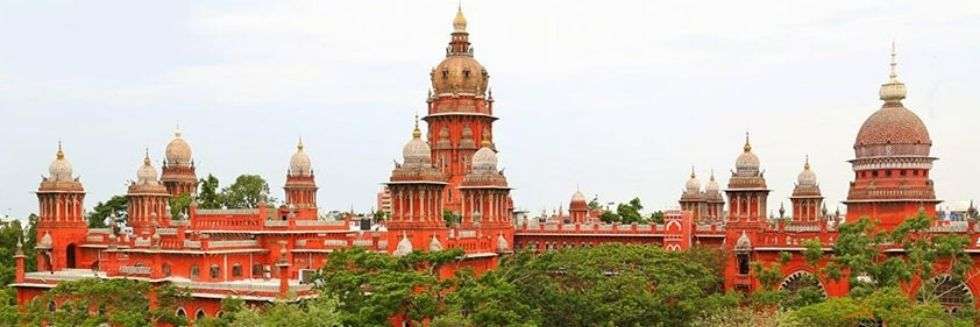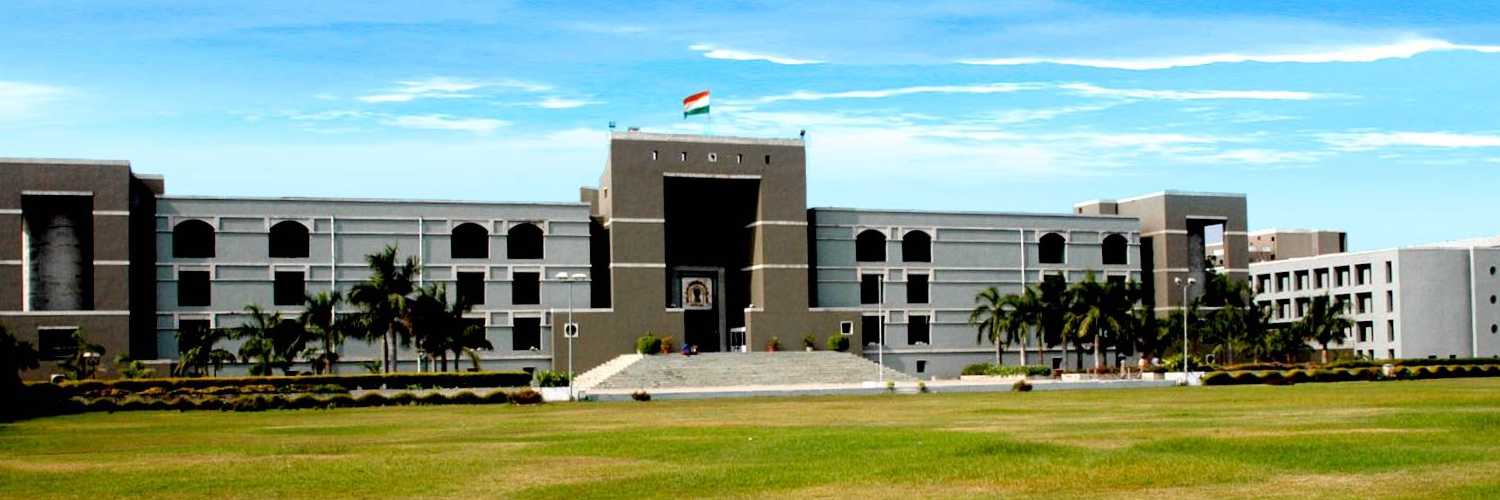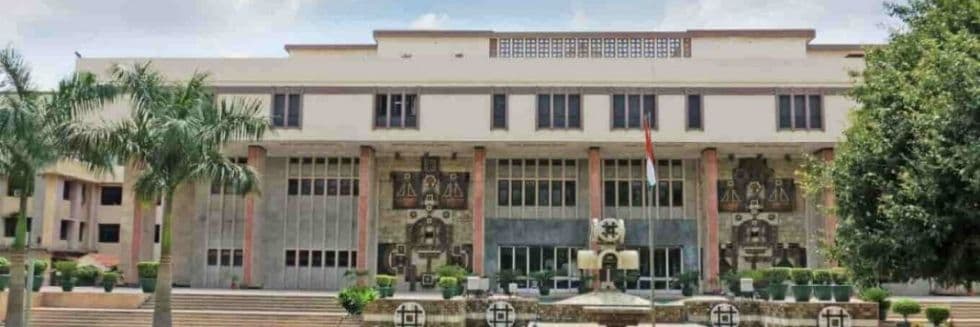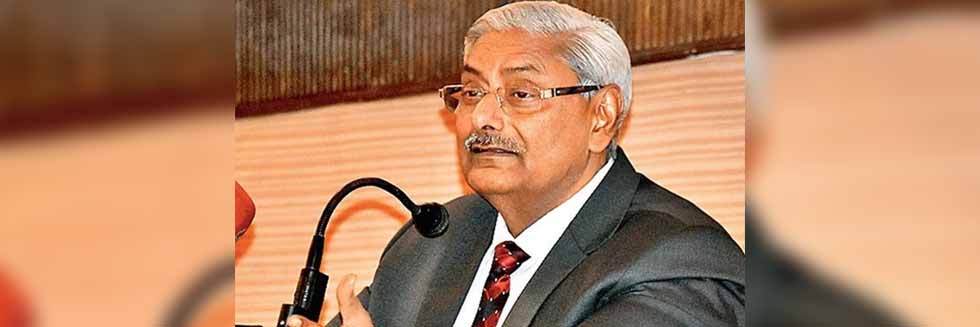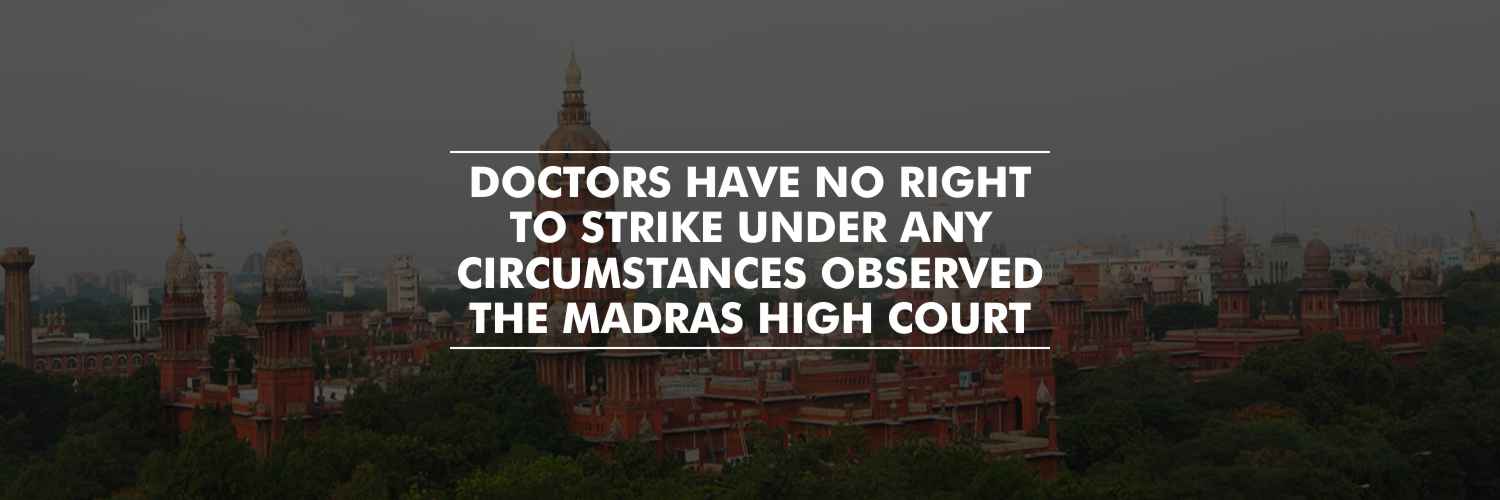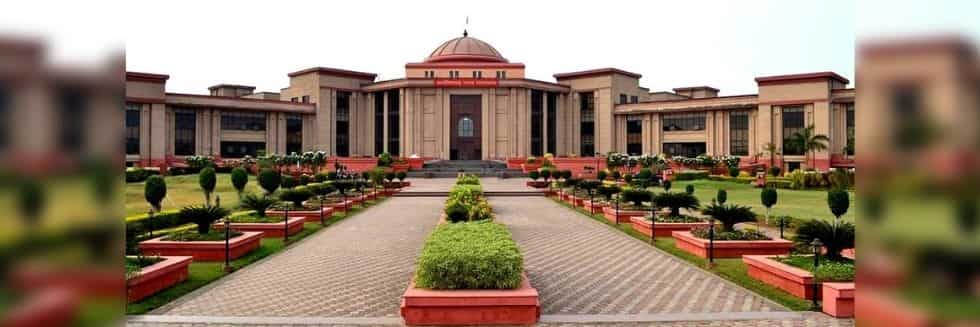The Madras High Court has recently granted relief to a lawyer who was found guilty of using unparliamentary language during a virtual court proceeding.
The incident took place during a bail hearing last June via WhatsApp call before the Principal District and Sessions Judge, Thoothukudi. According to the sources, Advocate Samwell Rajendran was stated to have uttered unparliamentary words while the call was still connected for the hearing, which was witnessed by the Public Prosecutor, the stenographer, the protocol officer, and the system analyst.
Subsequently, the Principal District and Sessions Judge had passed a punishment order against Advocate Samwell Rajendran. The judge imposed a fine of Rs 200 under Section 228 of the Indian Penal Code (intentional insult, causing interruption to any public servant during the course of judicial proceedings). He further added that if the lawyer were to default on this payment of fine, he would be liable to undergo one-month simple imprisonment.
However, although the lawyer paid the fine, the District Judge had also referred the matter to the Bar Council prompting Rajendran to move the High Court for relief. Therefore, the advocate approached the High Court in an appeal.
Before the High Court, the lawyer contended that he was not given a personal hearing before the order against him was passed. He submitted that the Judge may have misunderstood his reply owing to a typographical error where he had typed “it would not occur in due course” instead of “this would not happen in future.” According to him, this created a misunderstanding, which resulted in the punishment.
Further, while defending himself, the advocate explained before the High Court that due to network issues, he had attended the virtual court from his car, which was parked near the court. After his arguments were completed, someone had driven his vehicle rashly and negligently, causing scratches to the advocate’s car and triggering him, “in the spark of the moment,” to abuse the driver.
He added that the words uttered were not against the court or intended as an insult to the court or intended to disrupt court proceedings. He pleaded for leniency, given that he was not accustomed to using technology to appear in court at the time, and given his unblemished record of 30 years as a practicing advocate.
After considering the circumstances of the case, the explanation submitted by the lawyer, and his apology for the error, Justice R Tharani of the High Court opined that some leniency should be shown in the case and allowed the revision plea moved by the advocate. Justice Tharani also observed that Advocate Rajendran did not file any petition for suspension of sentence and had paid the penalty of Rs. 200/- imposed on him.
“Considering the nature of the occurrence and considering the introduction of virtual Court functioning and considering the fact that the petitioner extended apology, some leniency has to be shown. Hence, accepting an apology the order is set aside. The fine amount paid is directed to be refunded to the petitioner,” stated the High Court.
